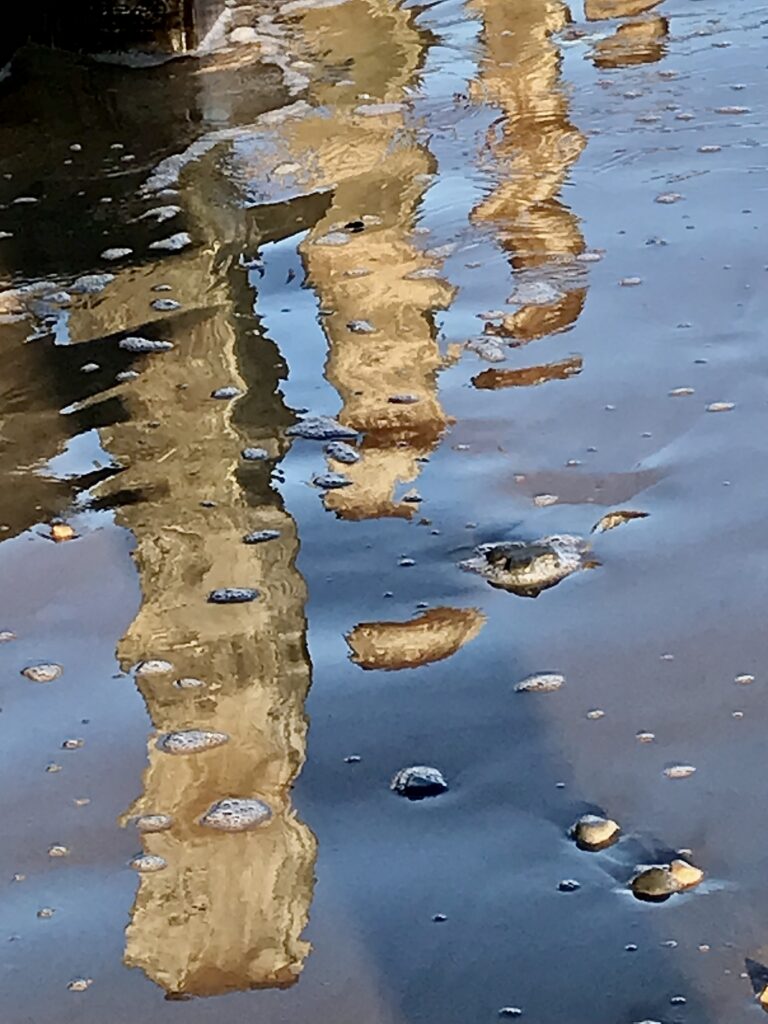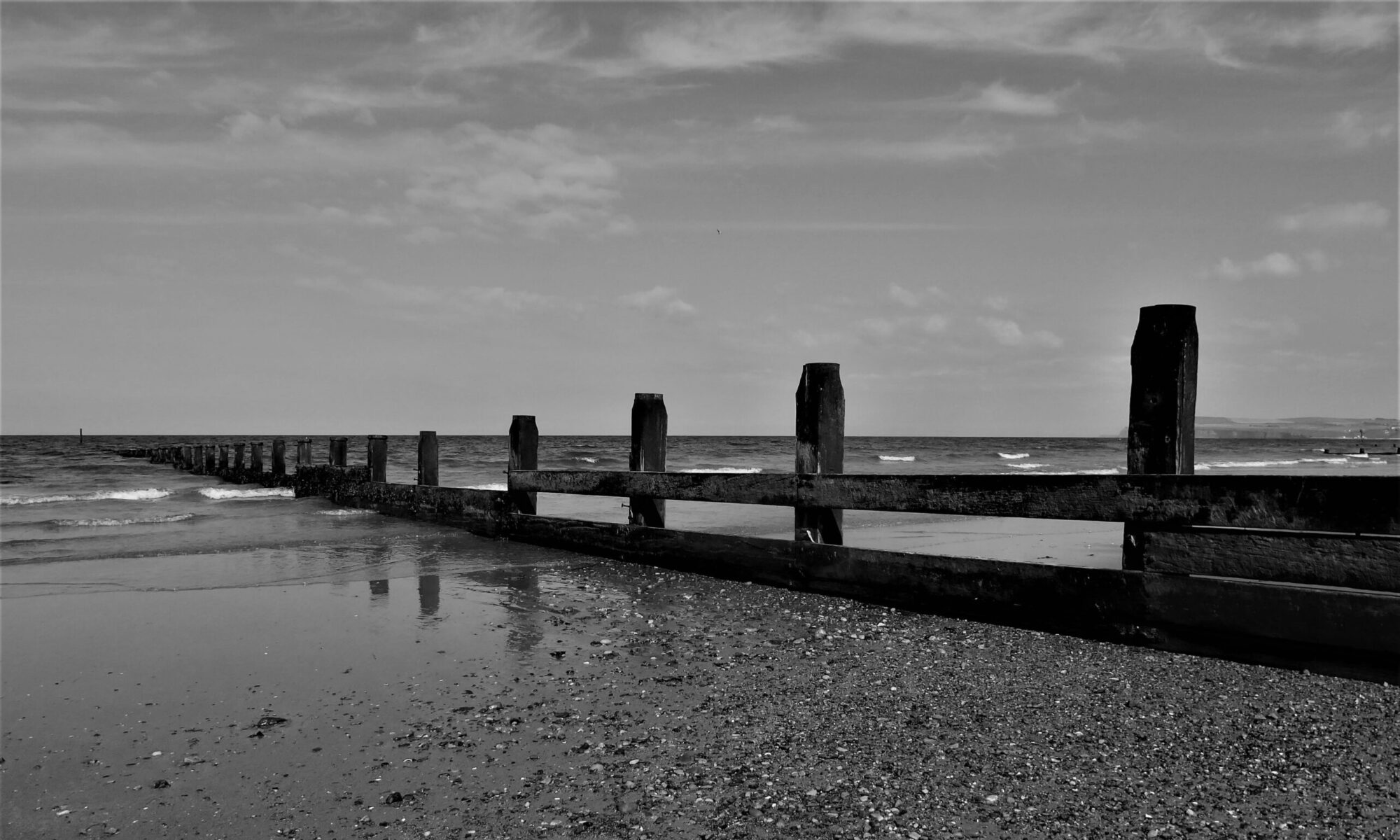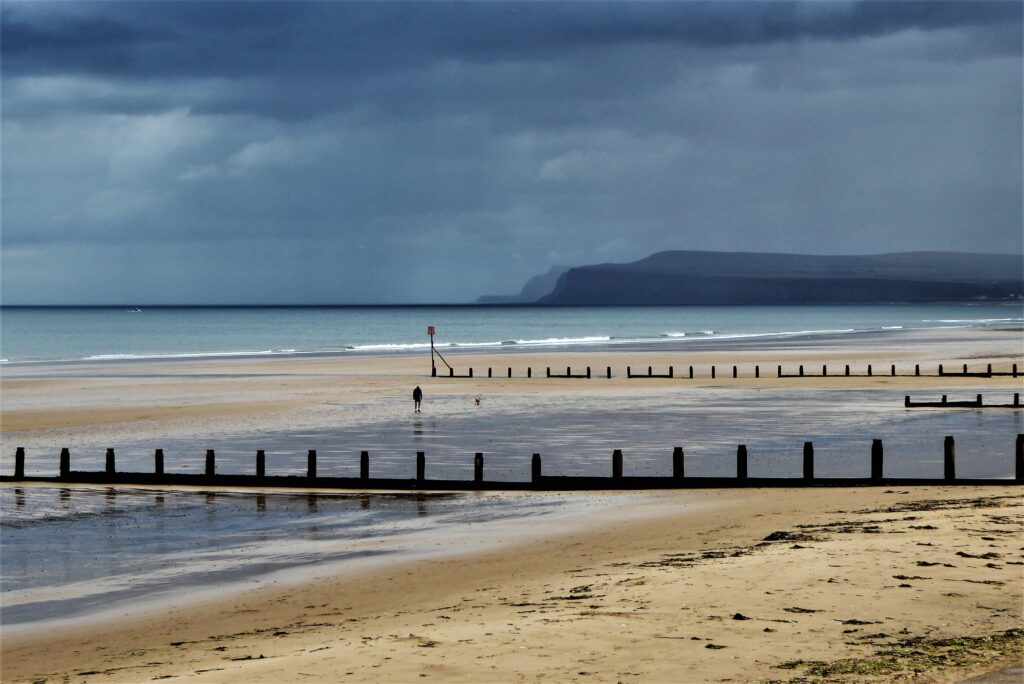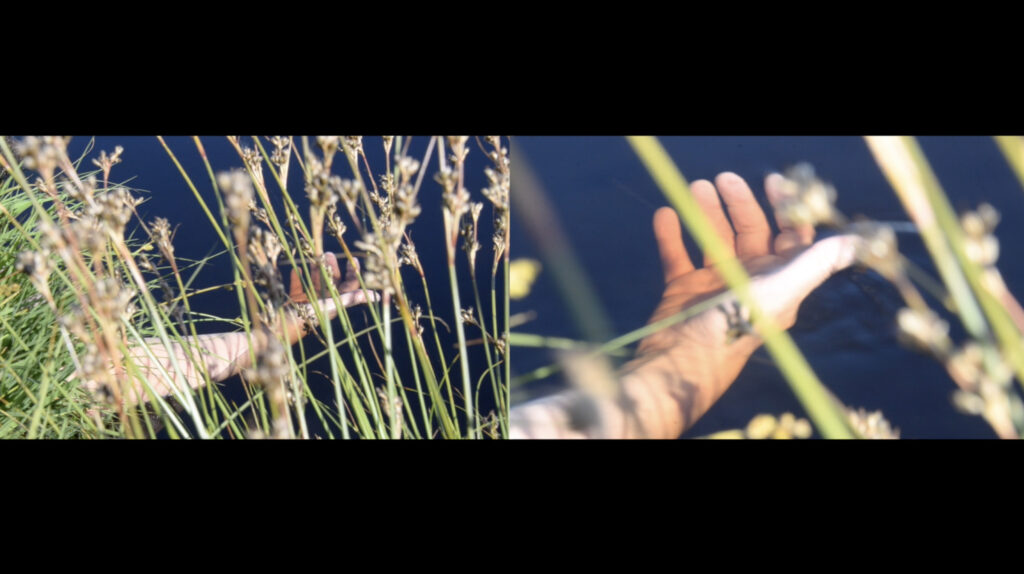
On 18 May 2023, I was delighted to contribute to a seminar series hosted by the Suicide Cultures team at Edinburgh University. The paper I gave was based on the third chapter of my recent book, Relating Suicide. I countered the understanding of suicide as a solitary act by tracing how it ripples out through a diverse range of bodies, institutions, and objects. Conceiving of suicide as inherently relational, I thought about the ways that its dispersion connects lives which are otherwise unrelated. I also thought about the ways in which the act of suicide relates human and non-human lives and agencies.
In my paper, I focused on Orlando von Einsiedel’s 2018 documentary Evelyn. This beautifully made film charts von Einsiedel and his family as they start to talk about his younger brother, Evelyn’s, death by suicide a number of years earlier. Evelyn’s family and close friends share their memories of him, and talk about the effect his death has had on them, as they walk in places that Evelyn had loved. In this way, place and landscape forms an important element of the film, as does the act of walking itself. The family speak to other people who have lost loved ones to suicide, meaning that their walks also map Evelyn’s death in relation to other deaths that they learn of along the route.
The care that the family shows for each other ripples out to other people in an expansive gesture that is also evident in the screenings of the film at cinemas around the UK. Each of the screenings, which are timed as afternoon matinees, has a family member present for the post-show discussion and audience members can also choose to go on a local walk with others who have been affected by suicide. When I first saw the film screened at the Tyneside Cinema in Newcastle, I was struck by the distance from which families had travelled to see the film and by the shared desire to share their experiences in the post-screening discussion. Borrowing the idea of ‘promiscuous care’ (The Care Collective, The Care Manifesto, 2020), I thought in the paper about the ways in which the film generates community and solidarity around suicide by harnessing the potential of the local, as well as pointing to the important role that networks of peer support can play in supporting those who have been affected by suicide loss.
Many thanks to Amy Chandler and the Suicide Cultures team for including me in their seminar series. The discussion after the talk raised important questions about the unsettling quality of the place where a loved one has died by suicide; how we define places as rural, urban, coastal, etc., in identifying them as sites of suicide; and the potential of creative responses to suicide for navigating the ongoing relation to the place where a loved one has died.
You can watch Evelyn on Netflix.
You can access a video of my talk here.
You can listen to the related podcast here.


